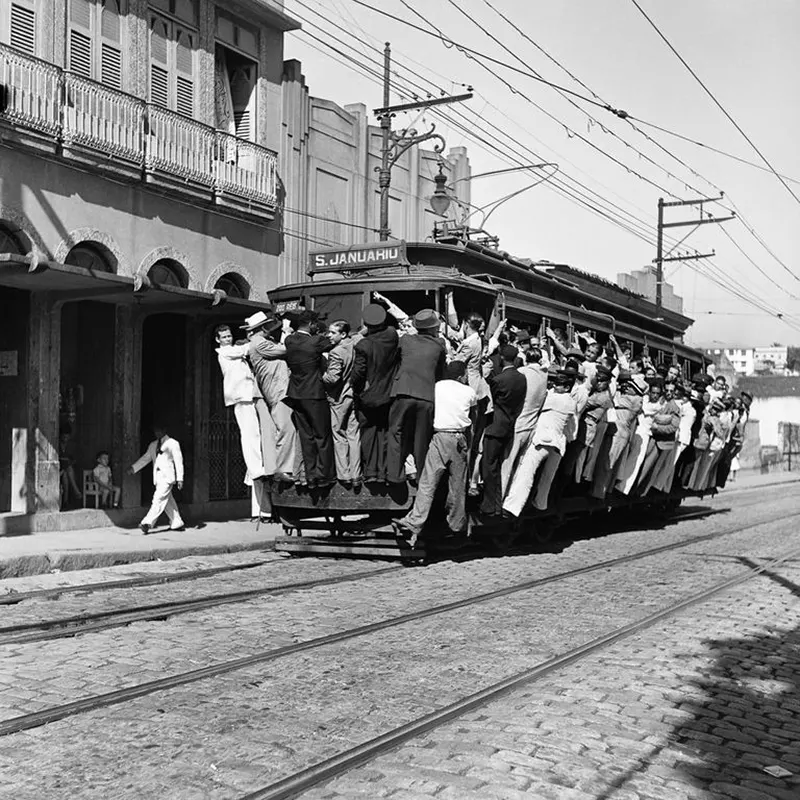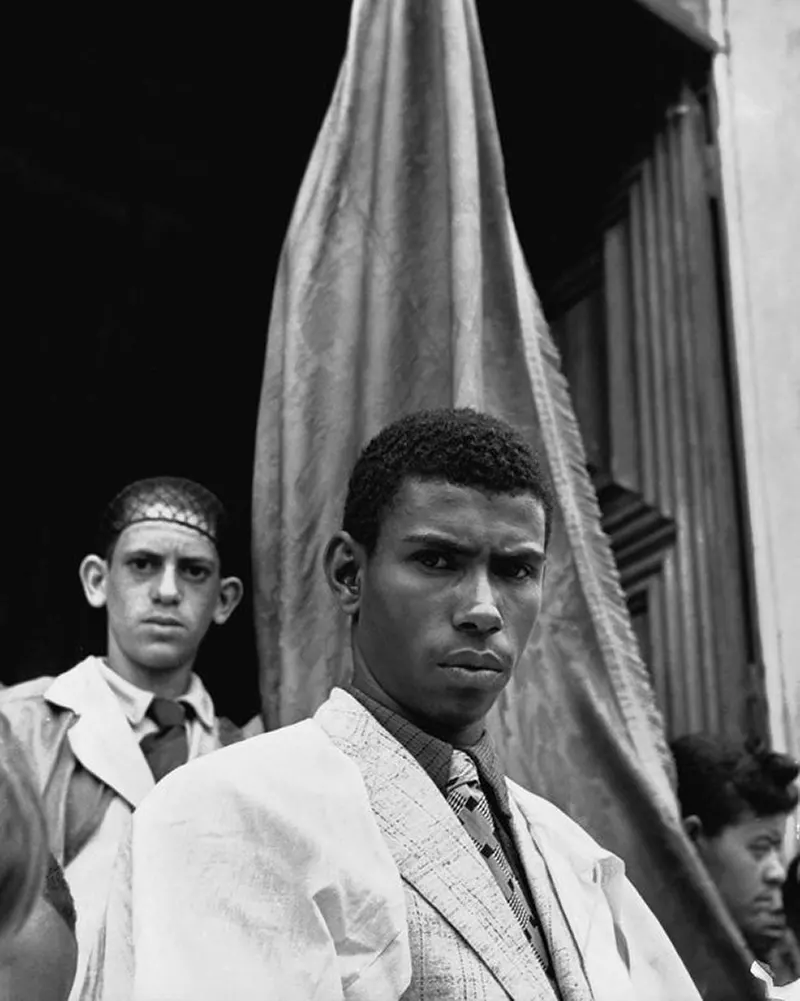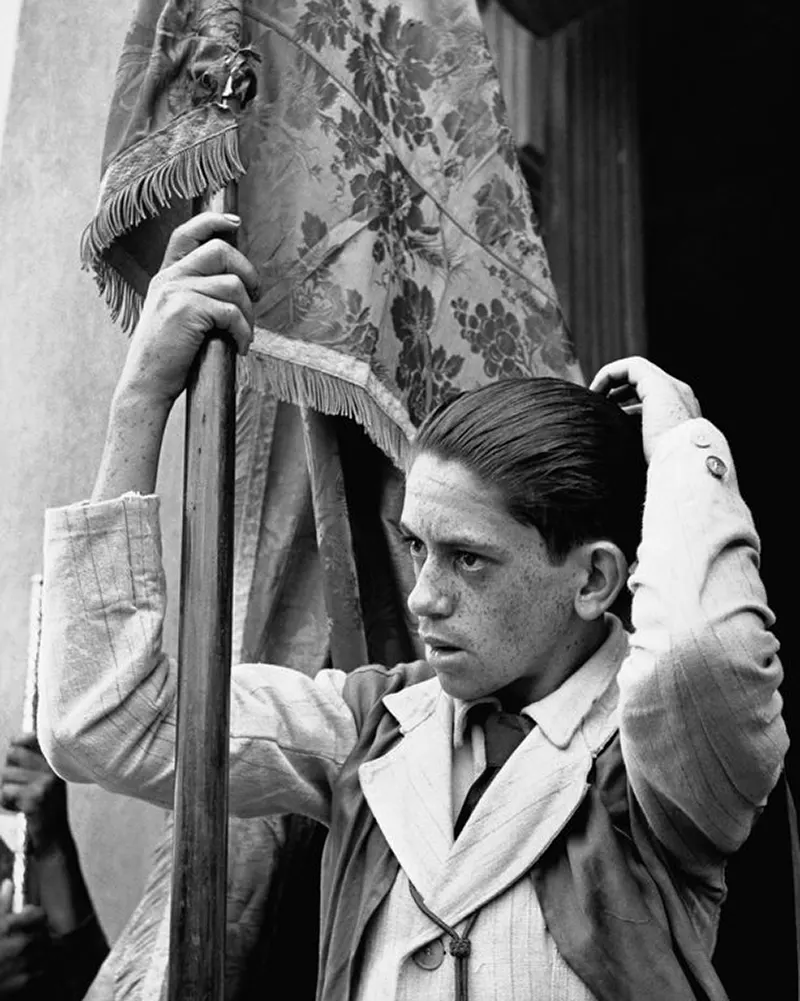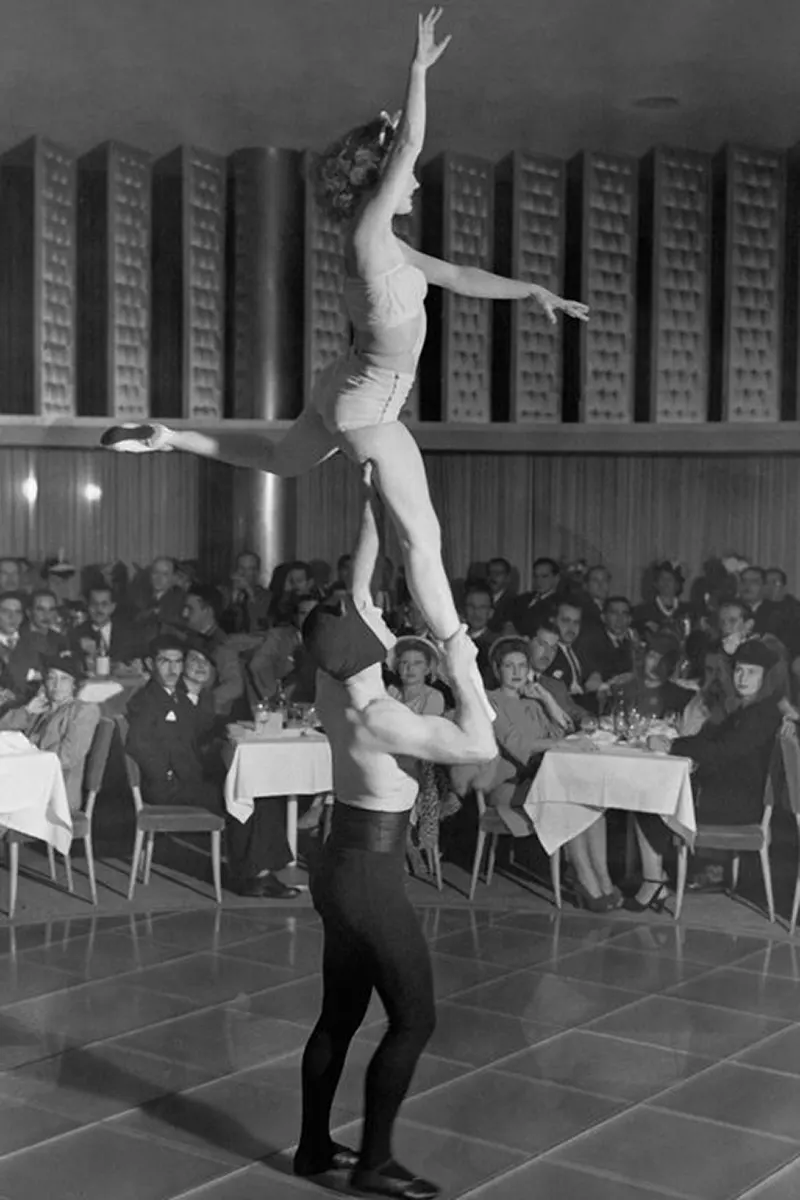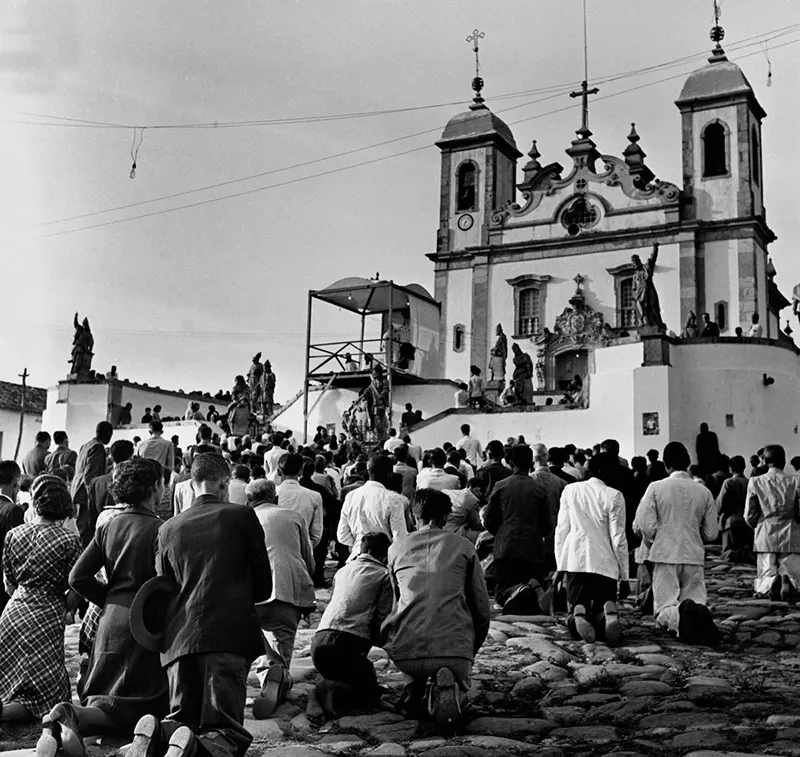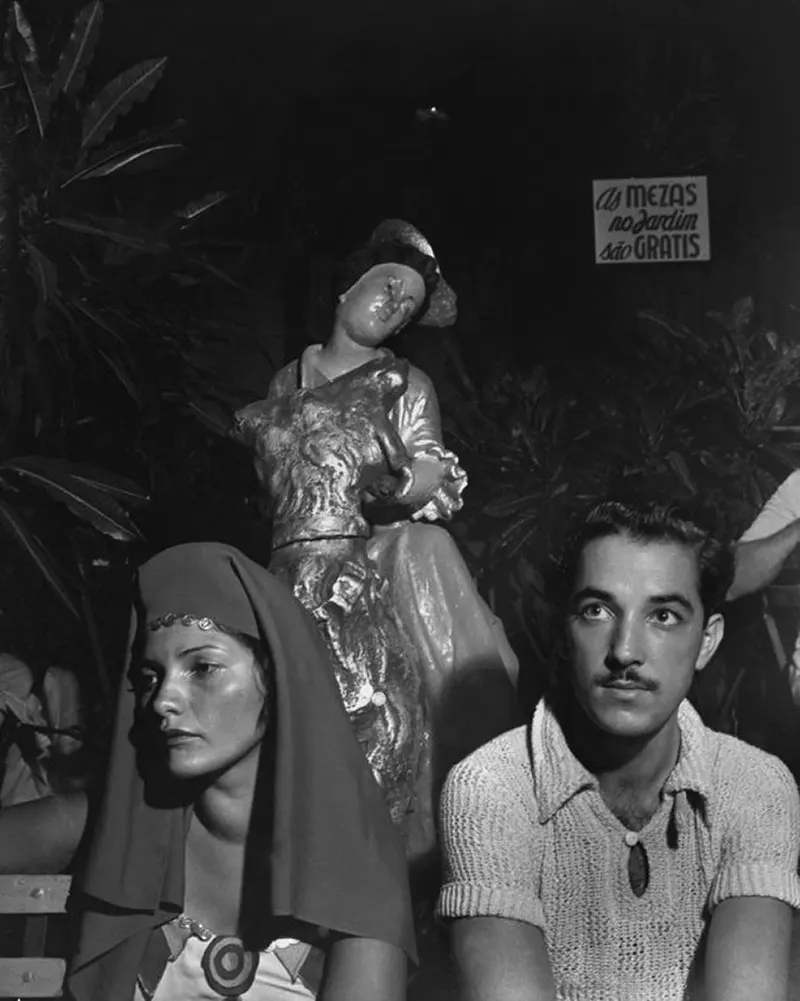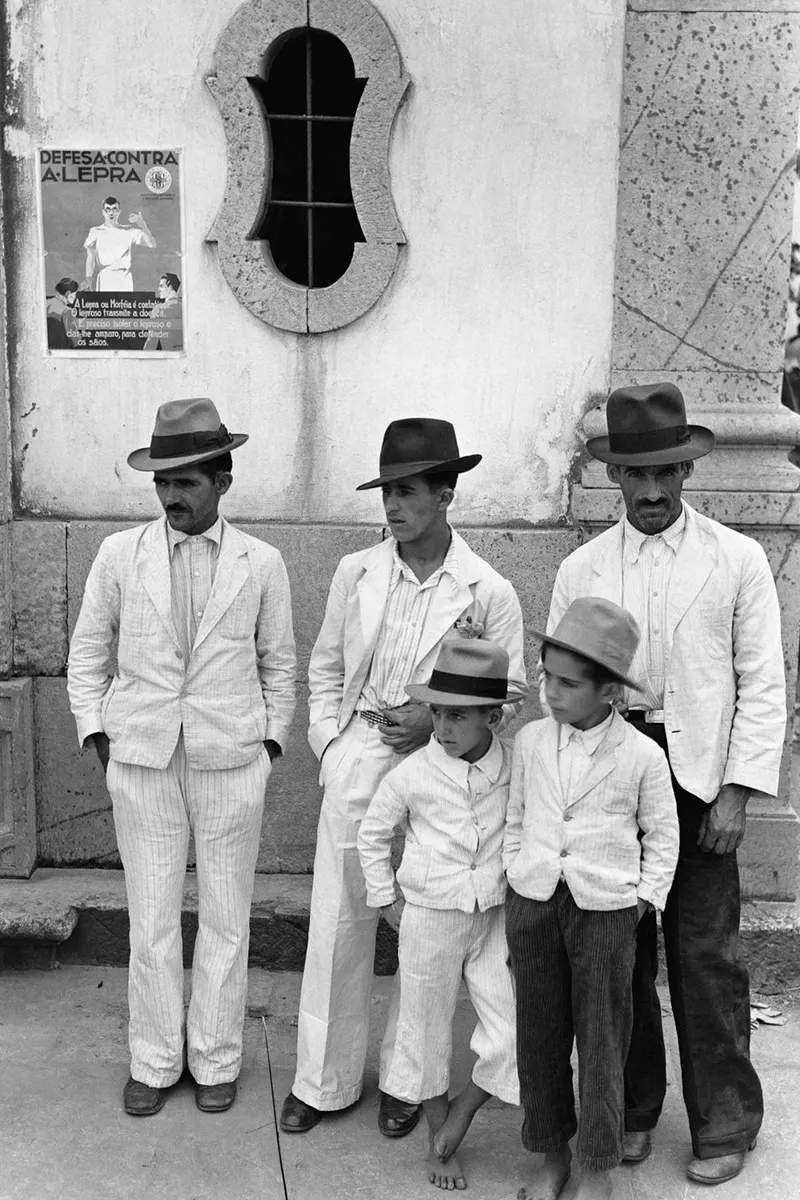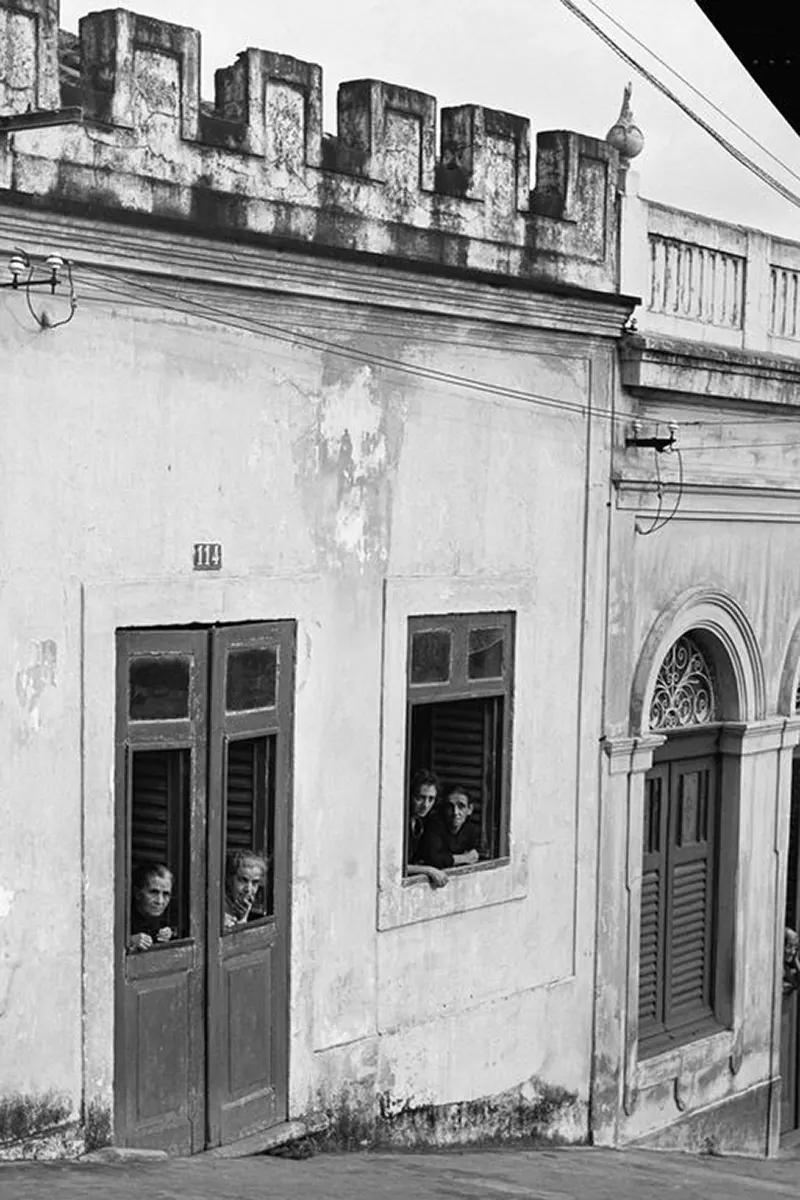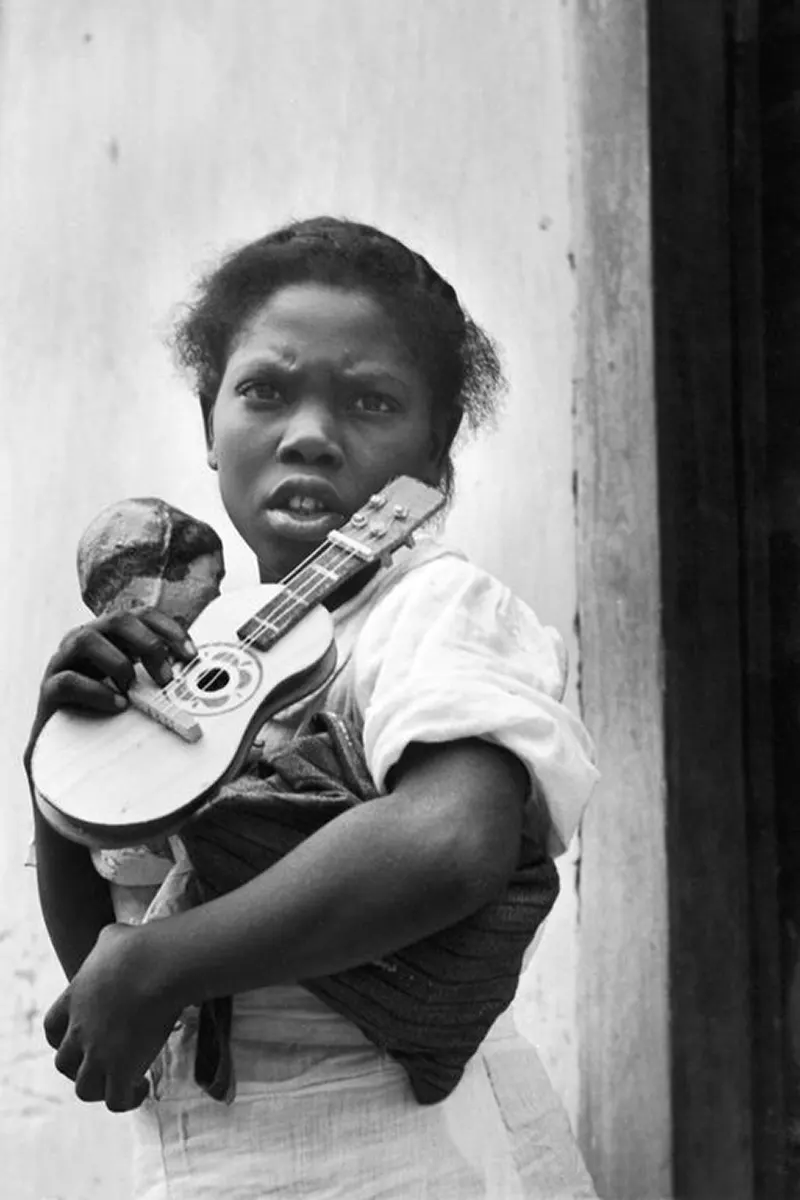This was the time when the Second World War started to get steam and the State Department’s Office of Inter-American Affairs was tasked with cultivating South American support for the Allies. Naylor produced a stunning collection of over a thousand photographs that document a rarely seen period in Brazilian history. The collection of Naylor’s photographs offers a unique view of everyday life during one of modern Brazil’s least-examined decades. Her subjects include the very rich and the very poor, black Carnival dancers, fishermen, rural peasants from the interior, workers crammed into trolleys, just ordinary Brazilians in their own setting. Because it was war time, film was rationed, and Naylor’s equipment was modest. She had neither flash nor studio lights and had to carefully choose her shots, balancing spontaneity with careful composition. Of her work, nearly 1,350 photos survived and were preserved. After her return to the states in 1943, Naylor became only the second woman photographer to be given a one-woman show when her work was exhibited by New York’s Museum of Modern Art. Genevieve Naylor was born on February 2, 1915, in Springfield, Massachusetts. Her father, Emmett Hay Naylor, a trade association lawyer and her mother, Ruth Houston Caldwell, were married on January 17, 1914. Genevieve was given the middle name of Hay as a reference to family member John Hay, Abraham Lincoln’s personal secretary. Her parents divorced in 1925, when Genevieve was 10 years old. She attended Miss Hall’s School and later, at age 16, the Music Box, an art school, where she studied painting. It was at the Music Box that Genevieve met Misha Reznikoff, her teacher. Two years later, in 1933, they were in love, and when Misha moved to New York, Genevieve soon followed, and they settled into the Bohemian lifestyle of Greenwich Village living in a studio apartment – a huge converted stable strewn with colorful painting and cigarette boxes and often home to parties with musicians, artists, and fans that lasted for days. In 1934, Naylor attended an exhibit by photographer Berenice Abbott and so admired Abbott’s work that she switched from painting to photography. Naylor became Abbott’s apprentice in 1935, and they maintained their professional relationship until Naylor’s death.
(Photo credit: Genevieve Naylor / Corbis / Duke University Press / Wikimedia Commons / Mashable). Notify me of new posts by email.
Δ Subscribe
